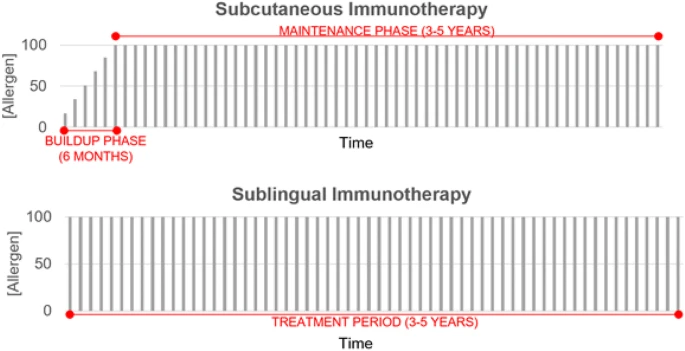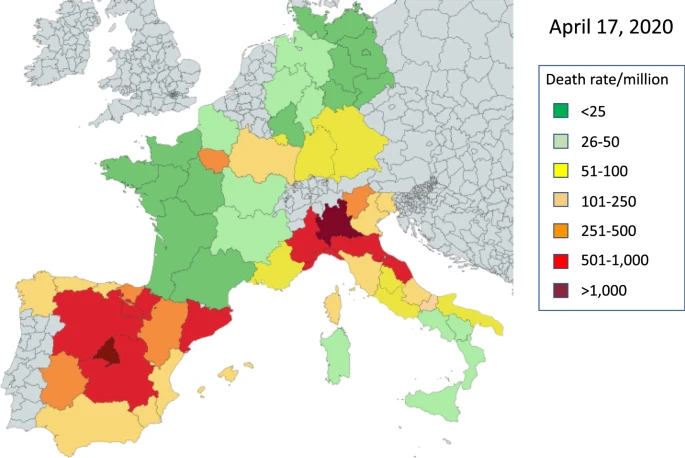A blog that publishes updates and open access scientific papers about allergy, asthma and immunology. Editor: Juan Carlos Ivancevich, MD. Specialist in Allergy & Immunology
June 7, 2020
June 3, 2020
Bruton’s tyrosine kinase inhibition effectively protects against human IgE-mediated anaphylaxis
Melanie C. Dispenza,1 Rebecca A. Krier-Burris,2 Krishan D. Chhiba,2 Bradley J. Undem,1 Piper A. Robida,2 and Bruce S. Bochner2
- Abstract
No known therapies can prevent anaphylaxis. Bruton’s tyrosine kinase (BTK) is an enzyme thought to be essential for high-affinity IgE receptor (FcεRI) signaling in human cells. We tested the hypothesis that FDA-approved BTK inhibitors (BTKi’s) would prevent IgE-mediated responses including anaphylaxis. We showed that irreversible BTKi’s broadly prevented IgE-mediated degranulation and cytokine production in primary human mast cells and blocked allergen-induced contraction of isolated human bronchi.
World Allergy Organization Journal Volume 13, Issue 5 , May 2020
| ||||
|
|
|
June 2, 2020
ATS: Juan C. Celedón, MD, DrPH, ATSF, was installed as president for the 2020-21 term
The ATS installed new officers for the 2020-21 term on Tuesday, May 19, during the ATS 2020 Virtual Plenary Session. Juan C. Celedón, MD, DrPH, ATSF, was installed as president for the 2020-21 term.
June 1, 2020
May 30, 2020
Season of birth is associated with increased risk of atopic dermatitis in Japanese infants: a retrospective cohort study
- Research
- Open Access
- Allergy, Asthma & Clinical Immunology
Abstract
Background
Several epidemiological studies have examined the possibility of a relationship between season of birth and atopic dermatitis (AD) and food allergy (FA), yet their results are contradictory. We investigated the association between season of birth and risk of AD and FA in Japanese infants.
Methods
Study subjects were 612 newborn infants born at a single obstetric/pediatric clinic without perinatal diseases.
Towards definitive management of allergic rhinitis: best use of new and established therapies
- Allergy, Asthma & Clinical Immunology Review
- Open Access
Abstract
Background
Allergic rhinitis (AR) is an inflammatory disease of the nasal mucosa impacting up to 25% of Canadians. The standard of care for AR includes a treatment plan that takes into account patient preferences, the severity of the disease, and most essentially involves a shared decision-making process between patient and provider.
Body
May 28, 2020
Is diet partly responsible for differences in COVID-19 death rates between and within countries?
- Review
- Open Access
Jean Bousquet,
Josep M. Anto,
[…]
The ARIA group
Abstract
Reported COVID-19 deaths in Germany are relatively low as compared to many European countries. Among the several explanations proposed, an early and large testing of the population was put forward. Most current debates on COVID-19 focus on the differences among countries, but little attention has been given to regional differences and diet. The low-death rate European countries (e.g. Austria, Baltic States, Czech Republic, Finland, Norway, Poland, Slovakia) have used different quarantine and/or confinement times and methods and none have performed as many early tests as Germany. Among other factors that may be significant are the dietary habits.
Subscribe to:
Posts (Atom)


